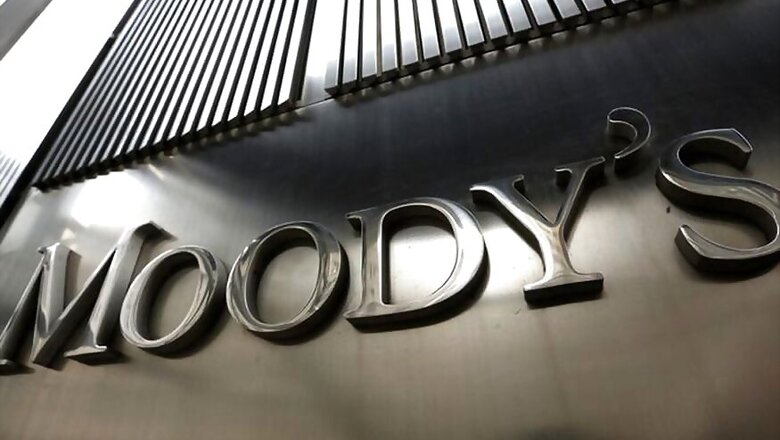
views
New Delhi: Moody's Investors Service on Thursday said PPP model in India's infrastructure needs to be developed further to attract more private investment for the sector that would help propel growth.
Stating that historical underinvestment and rapid economic growth are straining India's existing infrastructure, Moody's said adjustments to the public-private partnership (PPP) framework to align it more with more mature markets globally could help attract new private investment.
While the country's PPP mechanism has seen reasonable success in some sectors over the last 20 years, the level of activity has been low in the last four fiscal years due to challenges, Moody's V-P and Senior Analyst Abhishek Tyagi said.
"As such, India's PPP framework will benefit if it is developed further to address key issues regarding improved risk allocation, the ability to renegotiate unpredictable factors in bid documents and a move away from project awards based on one metric such as estimated revenues," Tyagi said.
Moody's said India's economy is set to grow at the fastest pace among major economies in 2016 and 2017 although GDP growth remains constrained by various factors, including inadequate infrastructure investment.
More developed PPP markets such as the UK, Canada and Australia, according to the rating agency, use both availability-payment and demand risk models and relatively standardised bid documents -- features that could address some of the bottlenecks faced by the Indian framework.
"In particular, these more developed PPP markets typically feature well-developed regulatory frameworks, largely standardised project contracts, a large and sophisticated investor base and predictable project pipelines," Moody's said.
There has been a large decline in private investment in PPP projects in recent years for a number of reasons, including delay in project approvals and land purchase by the government, complicated dispute resolution mechanism in concession agreements and lower than expected revenue due to aggressive assumptions, it said.
Delay in project completion has resulted in cost overruns and revenue losses to private concession owners. These factors have impacted the financial viability of some projects and their ability to service debt.
The poor performance of some infrastructure projects, including PPP, has been a source of stress for both developers and the Indian banking system, it said.
The Financial Stability Report (FSR) of the Reserve Bank in June stated that infrastructure, which accounted for 14.2 per cent of total advances of the banking sector, accounted for 34.4 per cent of restructured standard advances and 13.9 per cent of gross non-performing assets of commercial banks.




















Comments
0 comment